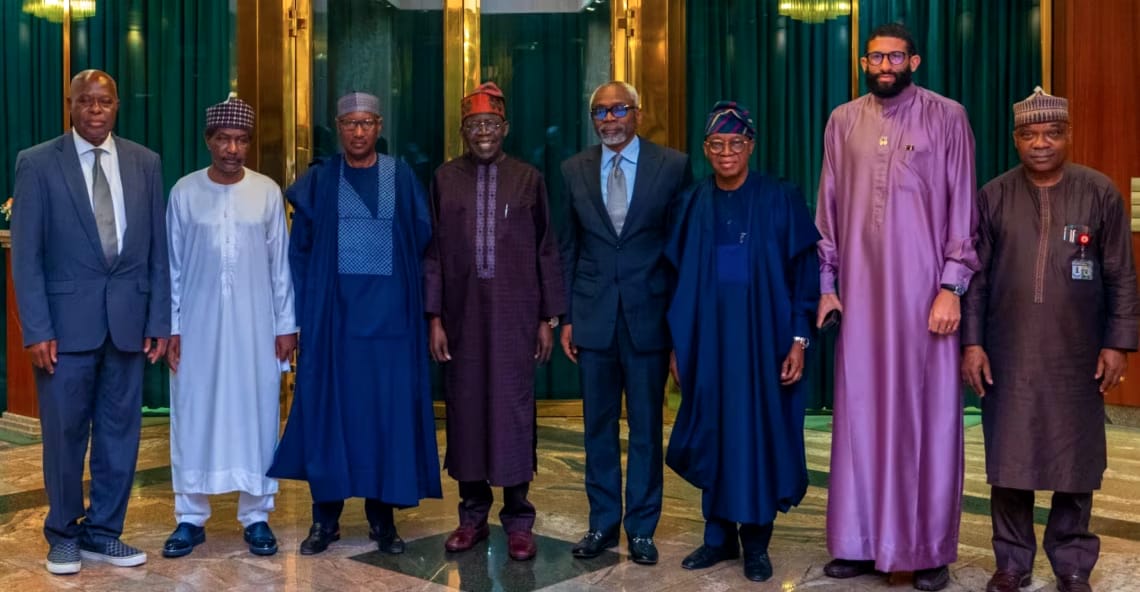Nigeria has received approval from the United Nations to extend its continental shelf by 16,300 square kilometres, a territory five times the size of Lagos State.
President Bola Tinubu received the report from the High Powered Presidential Committee (HPPC) on Nigeria’s Extended Continental Shelf Project on Tuesday, marking a significant achievement for the nation’s maritime boundaries and economic potential.

The UN’s approval, based on the United Nations Convention on the Law of the Sea (UNCLOS) 1982, grants Nigeria sovereignty over this additional maritime territory, expanding its jurisdiction beyond the existing 200 nautical miles.
The project, initiated in 2009, reached this milestone after years of dedicated scientific and diplomatic efforts.
In a presentation to the President, Professor Larry Awosika, a marine scientist, and Surveyor Aliyu Omar, Secretary of the HPPC, detailed the extensive research and negotiations that led to the UN’s decision.
“This approval by the United Nations Commission on the Limits of the Continental Shelf (CLCS) allows Nigeria to extend its continental shelf beyond 200 nautical miles. The newly approved area is approximately 16,300 square kilometres,” stated Surveyor Omar. He emphasized the strategic importance of this development for Nigeria, which holds significant economic potential, including hydrocarbons, gas, solid minerals, and a wide variety of sedentary species.
Omar outlined two options available to Nigeria following the approval: finalizing the registration with the UN Secretary-General, which would take about a year, or acquiring additional data for a revised submission, potentially extending the process to four years.
“The first option is to take the area gained and finalize the registration with the UN Secretary-General and close everything, meaning that we are satisfied with what we got. This will take at least one year.
”The second option is to take what we have right now, acquire more data, do a support write-up, and make a revised submission as recommended by CLCS for further consideration. This will take another four years.
”Either way (options), Nigeria will keep what has been approved.’’
In simpler terms, Nigeria can either finalize the current approval with the UN, securing the newly gained territory within a year, or gather more data to support a revised submission, which could further extend the shelf and take about four years. Regardless of the chosen path, Nigeria will maintain the newly approved area.
Professor Awosika highlighted the meticulous scientific research that underpinned Nigeria’s successful submission. “The approval came after years of detailed studies in geophysics, geology, and geography, coupled with strategic diplomatic efforts,” he said. He also noted the importance of maintaining confidentiality regarding the sensitive data acquired during the surveys to protect Nigeria’s economic interests.
President Tinubu expressed his gratitude to the committee for their hard work and dedication.







